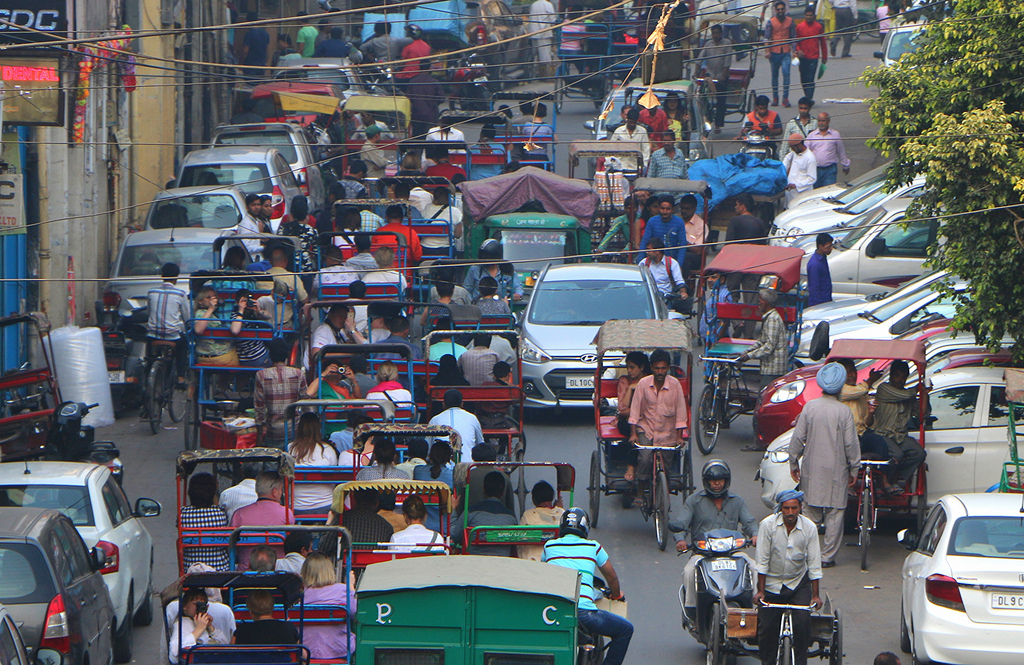In order to handle the transportation needs of steadily increasing population, rapid transit systems and effective transport system such as the Metro-rail and the Bus Rapid Transit, are both essential.
A thriving public transport system is the hallmark of all world cities and bustling metropolises. In fact, a well-developed mass rapid transportation system is one of the key benchmarks to decide the liveability index. However, in India aspiration is inversely proportional and as it is poised to be home to many smart cities and its urban infrastructure sprawls out into satellite and hubs, the share of public transport is expected to go down to 25 to 35 per cent by the end of the year. Concurrently, the use of private vehicles, including two-wheelers, has grown 8 to 10 per cent annually between 2014 and 2017, the period that has been surveyed. So why does our public transport system fail to become a democratic and smart choice of travel? Part of the reason is the lack of bus fleet, poor complementarity of multi-mode travel, the rapid development of metro network in many cities and the affordable acquisition of vehicles which guarantees a certain door-to-door ease of travel and a sense of identity. But the consequences of such volumes have been too toxic in terms of the pollution overload and Delhiites have been its worst victims. Yet India’s other cities are all too quickly being sucked into the same conundrum as Delhi in the absence of an adequate bus fleet or the low priority given to replenishing it. For a circular megapolis like Delhi, the bus numbers are currently less than half of the requirement of a 11,000-strong fleet. The Delhi Government is in a legal tussle over provision of mixed use land for a depot but the tardy progress on that count has meant that more vehicles are out on the roads and the total transport corridor has been further shrunk to accommodate entrants.
The Delhi police has claimed that it plans to decongest Delhi on key corridors by 2020 but without a suitable balance of public and private transport, no traffic management system would work in the end. Although cities like Mumbai and Kolkata have been traditional adherents of a public transport system, they are facing newer connectivity challenges as they extend radially. Yet, knowing the dangers of overcrowding and congestion, we still do not have proper incentives to use public transport, like a multi-modal city card that Singapore has. Neither is there a disincentive in the form of steep parking fees in congested public spaces. Most importantly, there is an urgent need to prioritise linkages between multi-modal transport systems and last mile connectivity as part of urban policy. Besides, the use of public transport is good for your health as it involves walking an additional 8 to 33 minutes per day!
Writer: Pioneer
Courtesy: The Pioneer








 OpinionExpress.In
OpinionExpress.In















Comments (0)